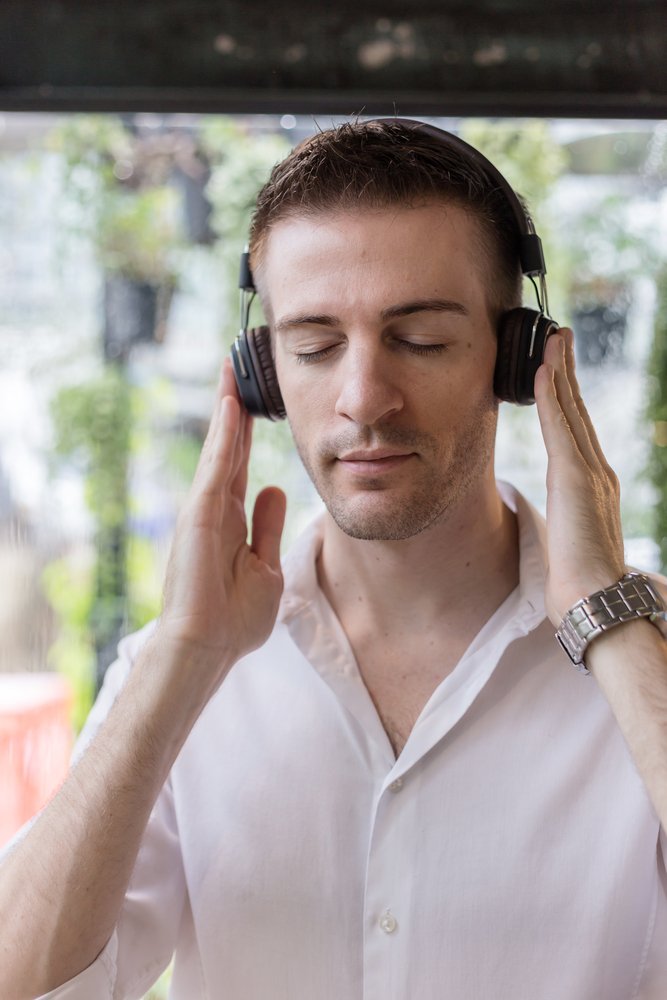Healing That Goes Beyond Words

At Southeastern Recovery Center, we understand that not everyone heals by talking. For many people, emotions are locked deep in the body, often beyond what words alone can express. That’s where experiential therapy comes in—a powerful, hands-on approach that helps you feel, express, and process what’s been stuck for too long.
Whether you’re navigating addiction recovery, trauma, or emotional overwhelm, experiential therapy gives you the opportunity to explore your experience through movement, creativity, and connection. It’s not about performance—it’s about presence.
If you’re wondering what is experiential therapy, it’s a form of therapy that uses guided activities—such as art, role-play, or movement—to help people access, express, and heal emotional pain. Instead of focusing solely on verbal processing, clients participate in structured experiences that surface thoughts and feelings stored below conscious awareness.
This approach includes a wide range of expressive modalities, such as:
A study describes experiential therapy techniques as especially effective for trauma survivors, helping reduce avoidance behaviors, emotional numbing, and treatment dropout rates.

Experiential therapy works by engaging both the body and the mind. For people who feel stuck, shut down, or disconnected from their emotions, it offers a safe way to begin feeling again. This is particularly valuable in addiction recovery and trauma healing, where talk therapy alone may not access the full depth of one’s emotional landscape.
Studies show that experiential therapies significantly improve emotional regulation, trauma symptoms, and overall well-being. A meta-analysis found that art therapy—one form of experiential therapy—led to substantial reductions in symptoms of PTSD, depression, and anxiety, particularly when integrated into addiction treatment.
At Southeastern Recovery Center, our clinicians use a variety of experiential therapy techniques tailored to your comfort level, therapeutic goals, and emotional readiness. These hands-on methods are always guided by trauma-informed care and never forced—they are invitations to explore healing in a new way.
Through drawing, painting, or working with mixed media, clients can access complex emotions without needing to verbalize them. Art therapy has been shown to reduce cortisol (stress hormone) levels and increase emotional clarity—especially in trauma survivors.
This method allows clients to re-enact meaningful scenes, confront past trauma, or “practice” emotional conversations. Studies have found psychodrama improves emotional insight, self-efficacy, and interpersonal skills in clients dealing with substance use and trauma.
Interacting with horses teaches emotional regulation, trust, and non-verbal communication. Individuals who participated in equine therapy have showed increased mindfulness and a reduction in trauma symptoms after repeated sessions.
By using structured imagination, clients can safely revisit difficult memories, access inner wisdom, or mentally rehearse coping strategies. These techniques have been shown to improve self-regulation and reduce anxiety in people struggling with PTSD.
By using structured imagination, clients can safely revisit difficult memories, access inner wisdom, or mentally rehearse coping strategies. These techniques have been shown to improve self-regulation and reduce anxiety in people struggling with PTSD.
Using rhythm, tone, and music can access deep emotional states and support mood regulation. Music therapy has shown measurable benefits for individuals with depression, addiction, and trauma-related disorders.
Each of these experiential therapy techniques offers a different doorway into healing. We’ll help you find the one that feels safe, meaningful, and aligned with your goals.
Experiential therapy is especially helpful for people who:
We’ve seen experiential therapy help people unlock emotional patterns, reconnect with themselves, and experience healing at a deeper level than they believed possible.

Experiential therapy is offered as part of a broader, personalized treatment plan. We don’t believe in one-size-fits-all care—your experience is shaped by your needs, your story, and your voice.
We often integrate experiential therapy with:
Whether you’re just beginning your recovery or rebuilding after relapse, experiential therapy can offer a way back into your body, your story, and your life.

Experiential therapy is a non-traditional therapy approach that uses guided experiences—like art, movement, or animal interaction—to help clients explore and express deep emotional issues.
Yes. Multiple studies have shown that experiential methods improve trauma symptoms, increase emotional regulation, and enhance treatment engagement.
Techniques include art therapy, psychodrama, equine therapy, guided imagery, movement therapy, and music-based interventions.
No. You don’t need any special skills—just a willingness to engage in the process.
Absolutely. It’s often used to explore emotional roots of substance use and build new ways of coping.
Yes. All techniques are delivered in a trauma-informed, supportive environment, and you’ll never be pushed beyond what feels safe.
Both options are available. We’ll recommend the best setting based on your goals and comfort level.
When words aren’t enough, experiential therapy offers another path forward. Through creativity, movement, connection, and presence, you can begin to feel again—and begin to heal.
Reach out today to learn how Southeastern Recovery Center can help you reconnect with your story and reclaim your life through experiential therapy.